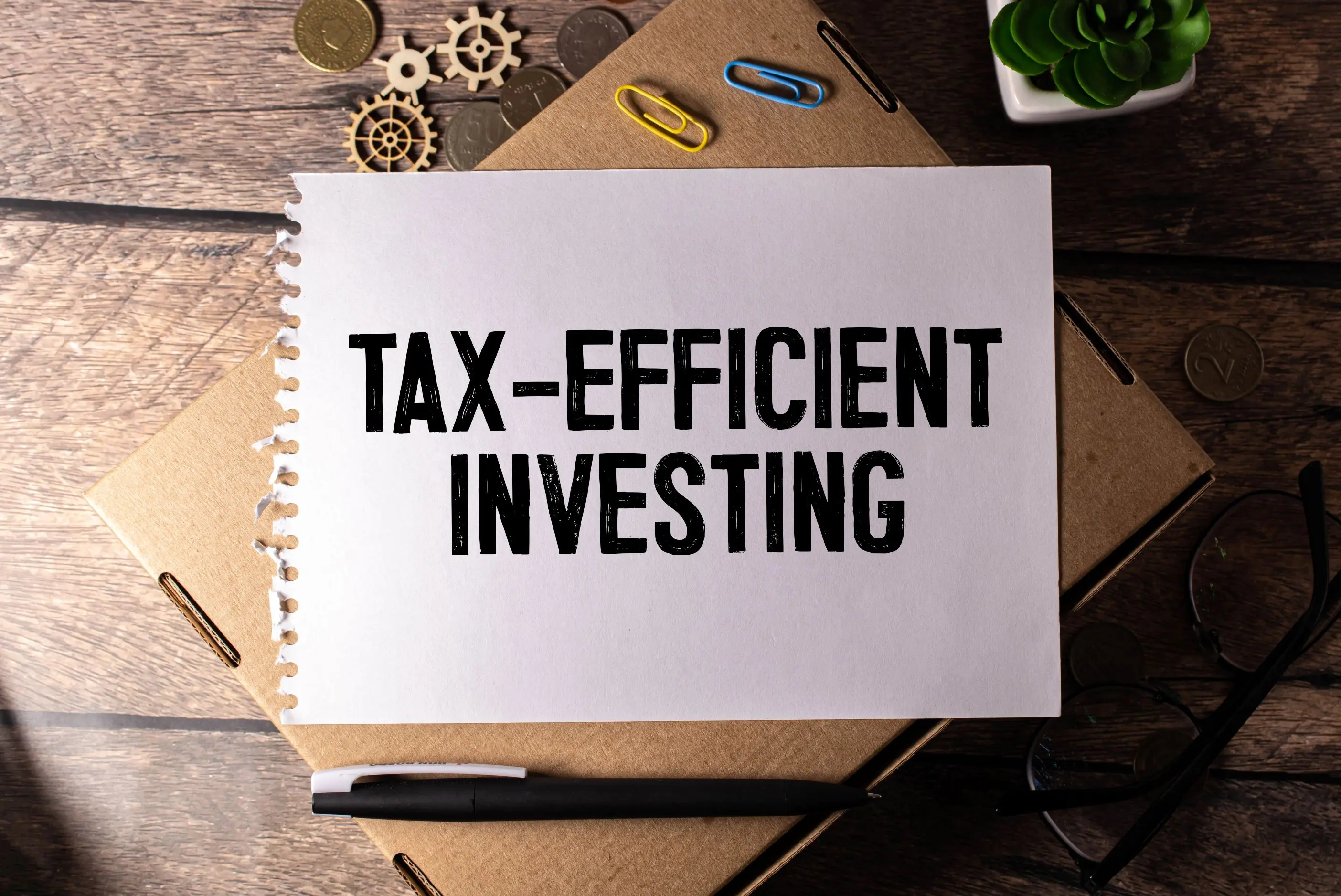Maximizing Your Financial Future: A Comprehensive Guide to Choosing and Working with Wealth Advisors
Discover how financial wealth advisors and planners can help you achieve your financial goals. From personalized investment advice to choosing the best wealth manager, this guide covers everything you need to make informed, cost-effective decisions for your personal finance journey.

In today's complex financial world, managing your wealth effectively is more important than ever. Whether you're starting your investment journey or have accumulated significant assets, a financial wealth advisor can be instrumental in helping you meet your long-term financial goals. This guide explores the roles of wealth financial advisors, financial wealth planners, and the importance of personalized investment advice. You'll also learn how to find the best wealth manager to guide your financial decisions confidently.
Understanding the Role of a Financial Wealth Advisor
A financial wealth advisor is a professional who helps individuals and families manage their financial resources. Unlike standard financial advisors who may focus primarily on investment advice, wealth advisors often provide a comprehensive approach. They cover a broad range of services including retirement planning, tax strategy, estate planning, risk management, and investment management.
A financial wealth planner, while similar, tends to emphasize long-term strategic planning. Their focus is not only on growing wealth but also on preserving it and aligning your finances with your personal goals and values.
Why Personalized Investment Advice Matters
Generic financial advice can fall short when applied to individual circumstances. Personalized investment advice takes into account your unique financial situation, risk tolerance, and objectives. Your financial advisor should craft a plan that fits your lifestyle, whether that means preparing for retirement, funding education, or managing tax liabilities efficiently.
With personalized investment advice, you avoid a one-size-fits-all approach and instead receive strategies tailored specifically to your needs.
How to Find Your Financial Advisor
If you’re looking for a financial advisor, it's important to choose someone with the right expertise and approach. Here are some tips:
- Ask for referrals from trusted friends, family, or colleagues.
- Check credentials such as CFP (Certified Financial Planner) or CFA (Chartered Financial Analyst).
- Read reviews and testimonials from existing clients.
- Schedule a financial advisor consultation to discuss your needs and assess compatibility.
- Understand their fee structure — whether it's a flat fee, hourly rate, or a percentage of assets under management.
What to Expect During a Financial Advisor Consultation
An initial consultation typically involves discussing your financial goals, current assets, income, debts, and risk tolerance. Your advisor will want to understand your priorities and how they can tailor their services to fit you best. This is also the time to ask about their experience, qualifications, and approach to financial planning.
Comparing Types of Financial Advisors
The market offers a range of professionals with varying specialties and fee structures. Below is a comparison to help you understand the distinctions.
| Type of Advisor | Focus Area | Fee Structure | Ideal For |
|---|---|---|---|
| Financial Wealth Advisor | Comprehensive wealth management | Percentage of assets / flat fee | High-net-worth individuals seeking holistic planning |
| Financial Wealth Planner | Long-term strategic planning | Flat fee / hourly rate | Individuals wanting detailed, personalized plans |
| Robo-Advisors | Automated investment management | Low fixed fees | Cost-conscious investors with simpler needs |
| Personal Financial Advisor | General financial advice | Commission or fees | Broad financial needs, including budgeting and investing |
Benefits of Working with the Best Wealth Manager
Choosing the best wealth manager means gaining a partner who understands your goals and communicates clearly. They proactively adjust strategies as your life changes and provide educational resources to help you stay informed.
Trust and transparency are essential because financial advising is a long-term relationship built on confidence.
Incorporating Personal Investment Advice Into Your Strategy
Personal investment advice goes beyond picking stocks or bonds. It involves balancing your portfolio based on your risk profile, diversifying to reduce risk, and employing tax-efficient strategies like tax-loss harvesting or investing in tax-advantaged accounts.
A skilled wealth advisor will also help you navigate market volatility and avoid emotional decisions that could harm your long-term objectives.
Affordable Options: Cheap Personal Finance Solutions
Not everyone can afford premium wealth management services. However, cheap personal finance options like robo-advisors or hybrid advisory models offer accessible alternatives. These services use algorithms to manage portfolios at a lower cost and sometimes provide human advisor support.
While these may lack the personalized attention of traditional advisors, they can be a good starting point for those with simpler financial needs or smaller portfolios.
Key Services Provided by Wealth Advisors
- Retirement Planning: Creating income strategies that help you maintain your lifestyle post-retirement.
- Tax Planning: Minimizing tax liabilities legally through efficient investment and withdrawal strategies.
- Estate Planning: Ensuring smooth wealth transfer to heirs and charitable organizations.
- Education Planning: Funding future educational expenses for children or grandchildren.
- Risk Management: Protecting your assets through insurance and other strategies.
When to Reevaluate Your Financial Advisor
If you find your advisor is not meeting your expectations, communication is lacking, or performance is unsatisfactory, it might be time to consider a change. Before switching, clearly communicate your concerns. If unresolved, seek referrals and conduct interviews to find a better fit.
Conclusion
Managing your financial future requires thoughtful planning and expert guidance. Whether you seek personalized investment advice or a comprehensive wealth management solution, working with a qualified financial wealth advisor can help you navigate the complexities of investing, tax planning, and retirement.
By choosing the right wealth advisor and staying engaged with your financial plan, you increase your chances of reaching your financial goals while maintaining peace of mind.




